Organic waste has enormous potential in Europe


· 5 min read
Let's start with what biogas is and how it is produced.
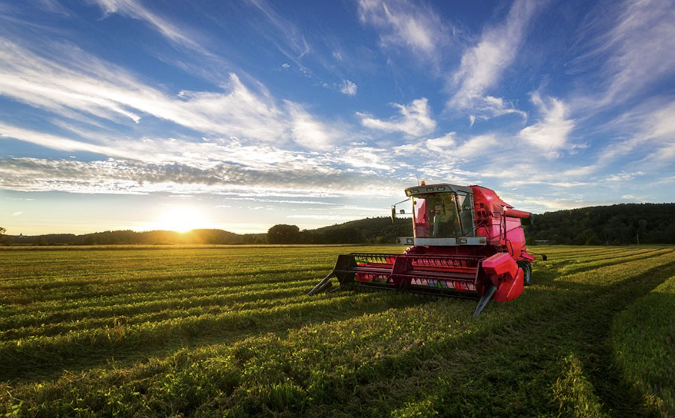
Biogas is a fuel generated in natural environments or specific devices, by the biodegradation reactions of organic matter, through the action of micro-organisms and other factors, in the absence of oxygen (i.e. in an anaerobic environment). We get biomethane if we put this biogas through a scrubbing process to decrease the amount of CO2 and increase the methane concentration.
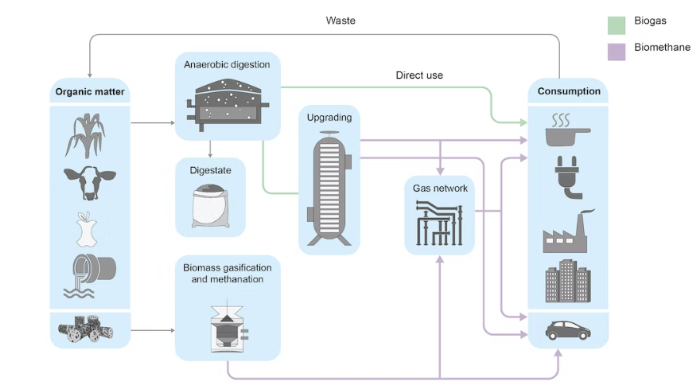
As we can see, a wide range of feedstocks can be used to produce biogas, biomethane, and various processes. The choice of feedstock and the process will change the properties of the gas we end.
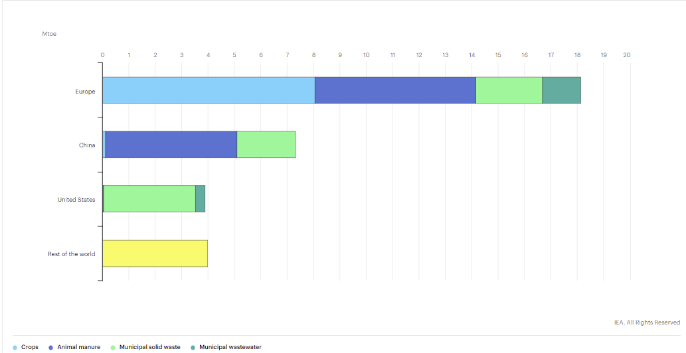
Biogas has very similar characteristics to natural gas, so it can be transported using existing infrastructure once produced.
According to data from BP and the IEA — International Energy Agency —, only about 2% of the 2700 TWh of the total energy produced in Europe could come from biogas with the current infrastructure.
Below we will cover the advantages and disadvantages of biogas compared to other energy sources.
Natural gas has been used for about 100 years before biogas. More investment in R&D is needed for biogas to be competitive against natural gas. In addition, biogas plants' productivity depends on the operator's experience and skilled staff to carry out maintenance work properly.
Currently, there are a low number of companies specialising in this technology, and experienced professionals, making adopting biogas more difficult.
The price of biogas energy is higher than other renewable energy sources. It is, therefore, not usually an attractive investment for companies that prefer to install solar panels on their land.
It is, therefore, not usually an attractive investment for companies that prefer to install solar panels on their land, which also tends to have more significant institutional incentives (tax rebates, subsidies, etc.),
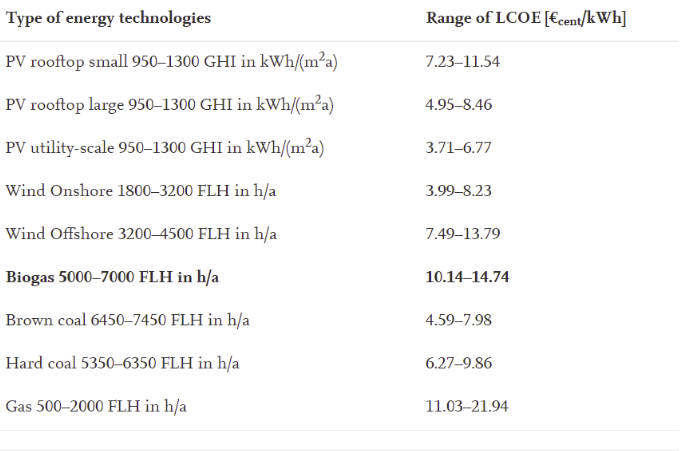
Biomethane, in particular, is also more expensive than its non-green equivalent, natural gas.
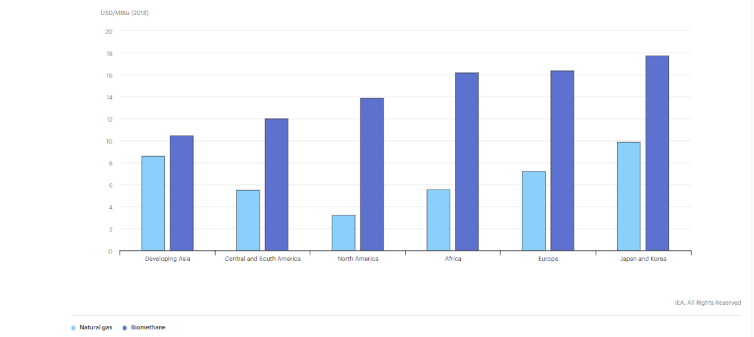
Because usually, the rural areas, i.e. the areas where the feedstock that would allow us to produce the biogas is located, are far from the areas of consumption, the urban areas. Therefore investment in infrastructure would be necessary.
For example, I will show you a picture of the land use distribution in my country, Spain. As the red areas — urban areas — are far away from the rural areas, the infrastructure in rural areas is usually not very good.
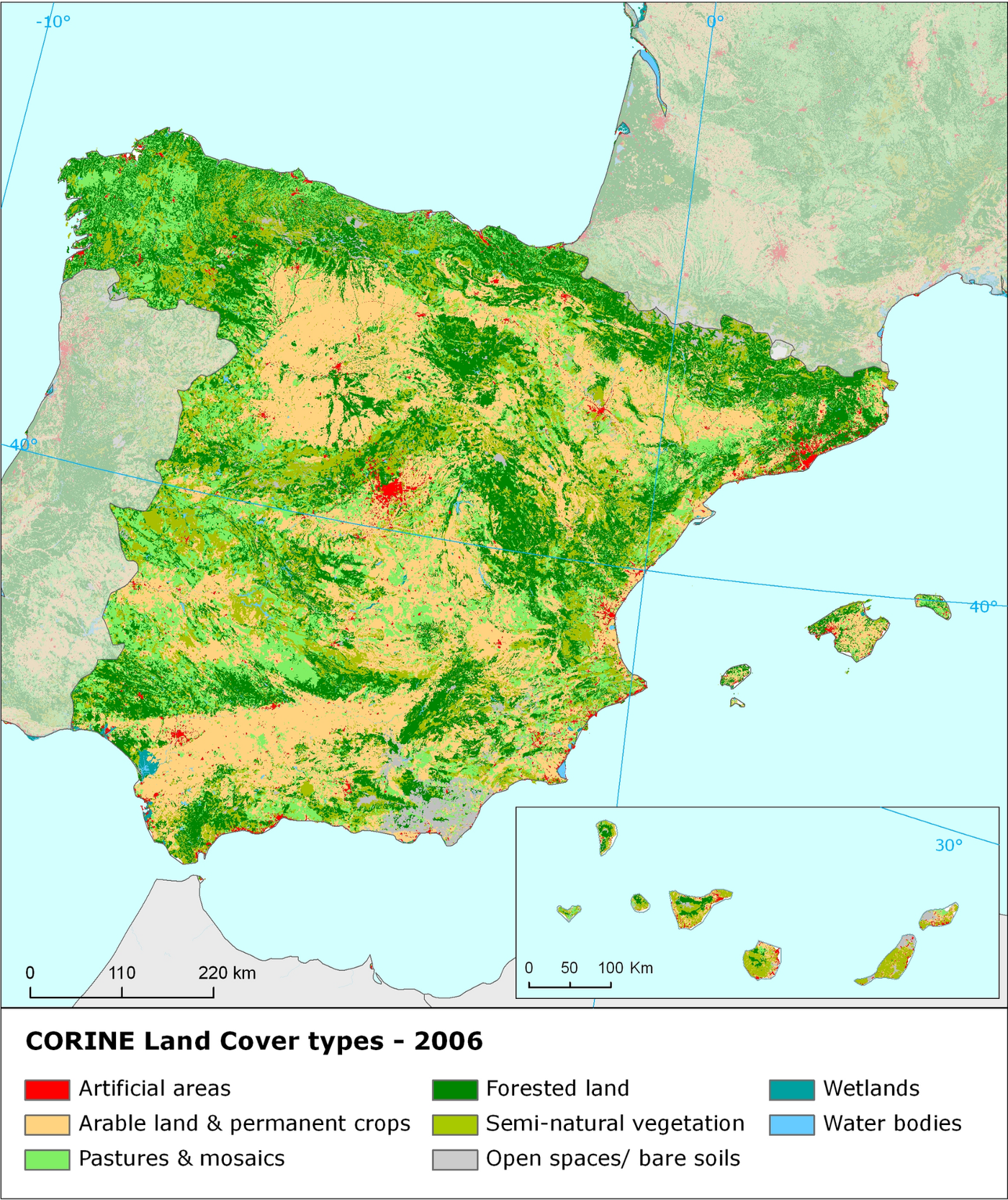
Biomethane provides a more reliable energy source than other renewable energies, such as solar or wind. In addition, its impact on the environment is minimal. Biomethane can reduce emissions by up to 90% when used as a fuel for transport.
Biomethane power plants can achieve emissions of 141gCO2/kWh, while lignite plants release more than 1000 gCO2/kWh into the atmosphere.
![Figure 7: CO2 released by energy source [gCO2/kWh]](https://illuminem.b-cdn.net/articlebody/e97679a3a815251c34fe0a6aa9219d3802897ba9.png)
Furthermore, let's consider that we have used organic material to produce it, which would otherwise have been wasted or had to be processed. We obtain a negative carbon footprint, i.e. we capture CO2 from the environment.
It is a form of domestic energy that does not need to be imported from other countries because they all generate waste.
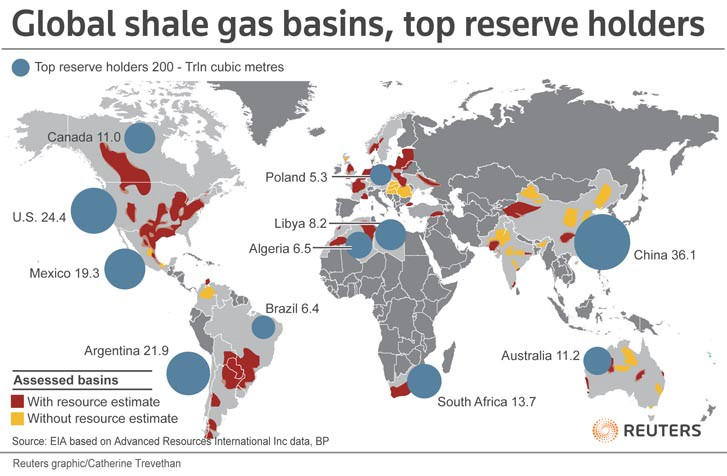
Energy is a vital resource for the economy and, therefore, strategic. Today — the year 2022 — diplomatic relations between countries are very fragile, and having an energy model based on imports can be dangerous, as we have already seen.
Waste products from agriculture and livestock farming are available all year round. Currently, these wastes are, at best, disposed of in landfills, but they can also end up in illegal landfills and lead to soil or groundwater contamination.
As well as being suitable for the environment, it would also be good for the farmer's or rancher's pocket, who could earn a little extra income by selling the waste they would previously have thrown away.
And you may ask, but now and not before if it is a renewable energy source, why has it not been developed as much as wind or solar photovoltaic?
And the answer is quite simple, because of the price, the methane obtained from biogas was much more expensive than natural gas, which was at a ridiculous price until 2021.
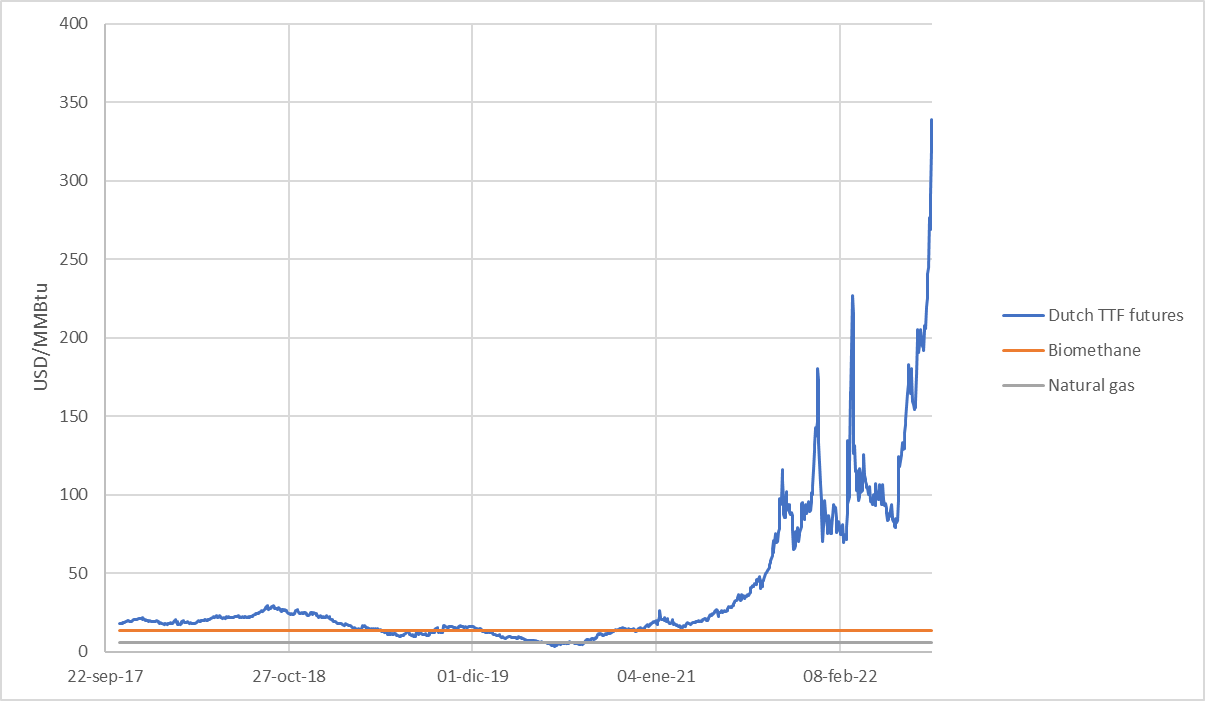
Russia's restriction of gas supplies has caused gas prices in Europe to skyrocket, making the investment in biogas very profitable.
The European Union has realised what good alternative biogas can be to natural gas and has included it in a report developed by the IEA entitled “A 10-Point Plan to Reduce the European Union’s Reliance on Russian Natural Gas”.
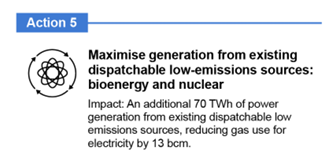
And what do you think, will we see biogas booming with the current situation in Europe? Do you think it can make good synergies with other renewable energy sources?
Keep curious!
Future Thought Leaders is a democratic space presenting the thoughts and opinions of rising Sustainability & Energy writers, their opinions do not necessarily represent those of illuminem.
Olaoluwa John Adeleke

Power Grid · Power & Utilities
Alex Hong

Energy Transition · Energy
illuminem briefings

Hydrogen · Energy
Financial Times

LNG · Oil & Gas
Oil Price

Renewables · Energy
Forbes

Energy Transition · Energy Management & Efficiency